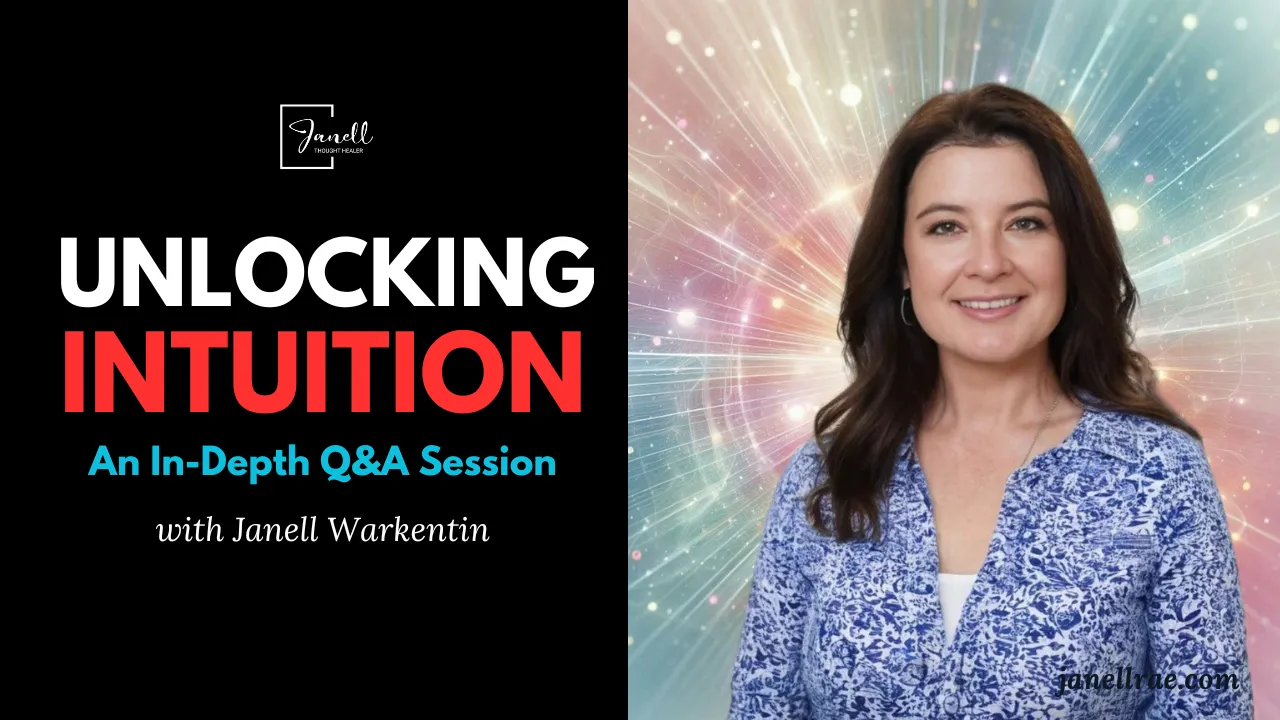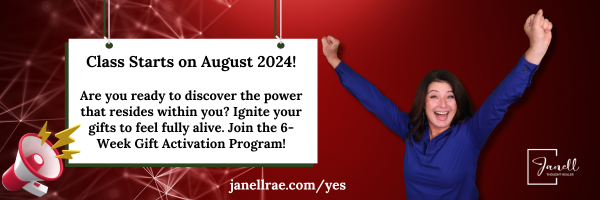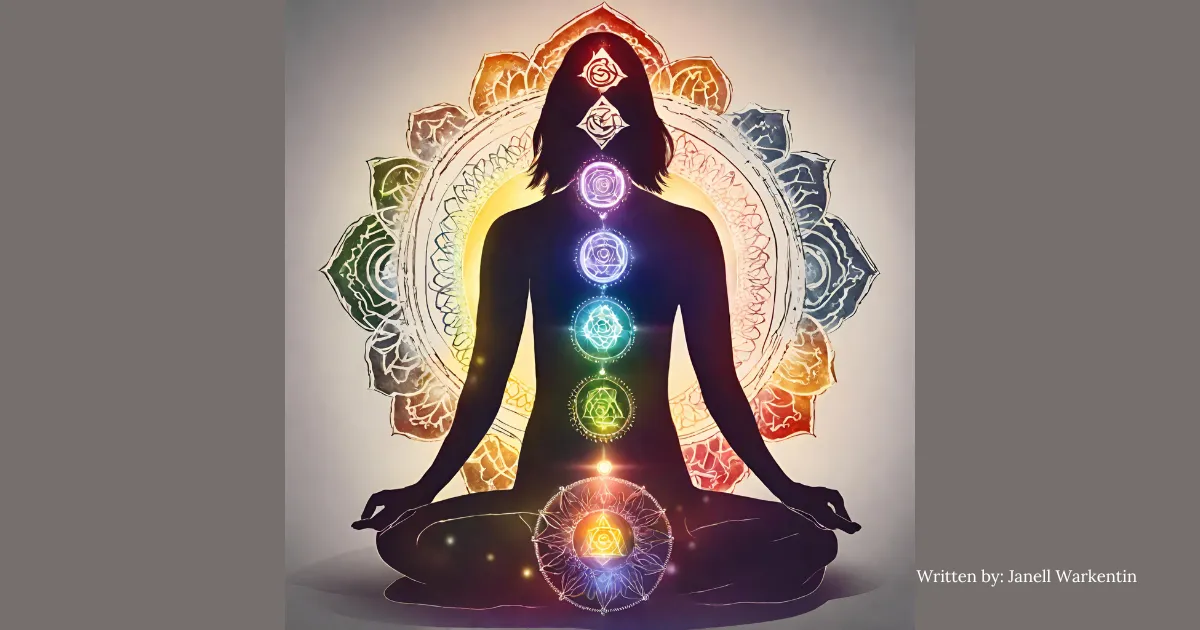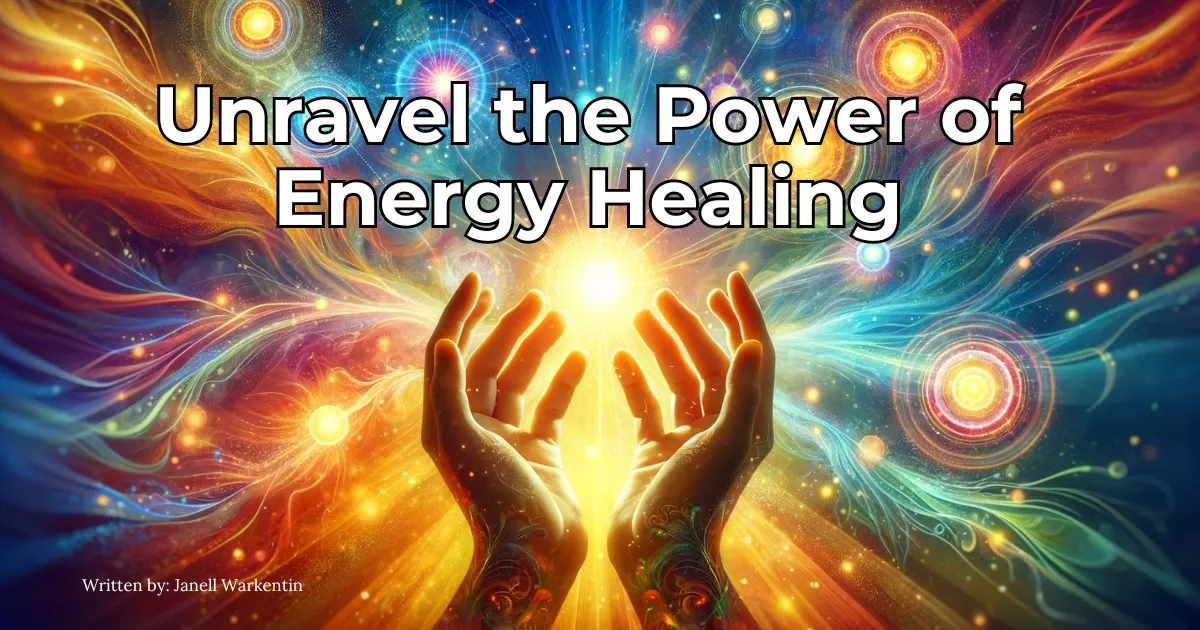Techniques for Managing Anxiety and Depression through Energy Healing
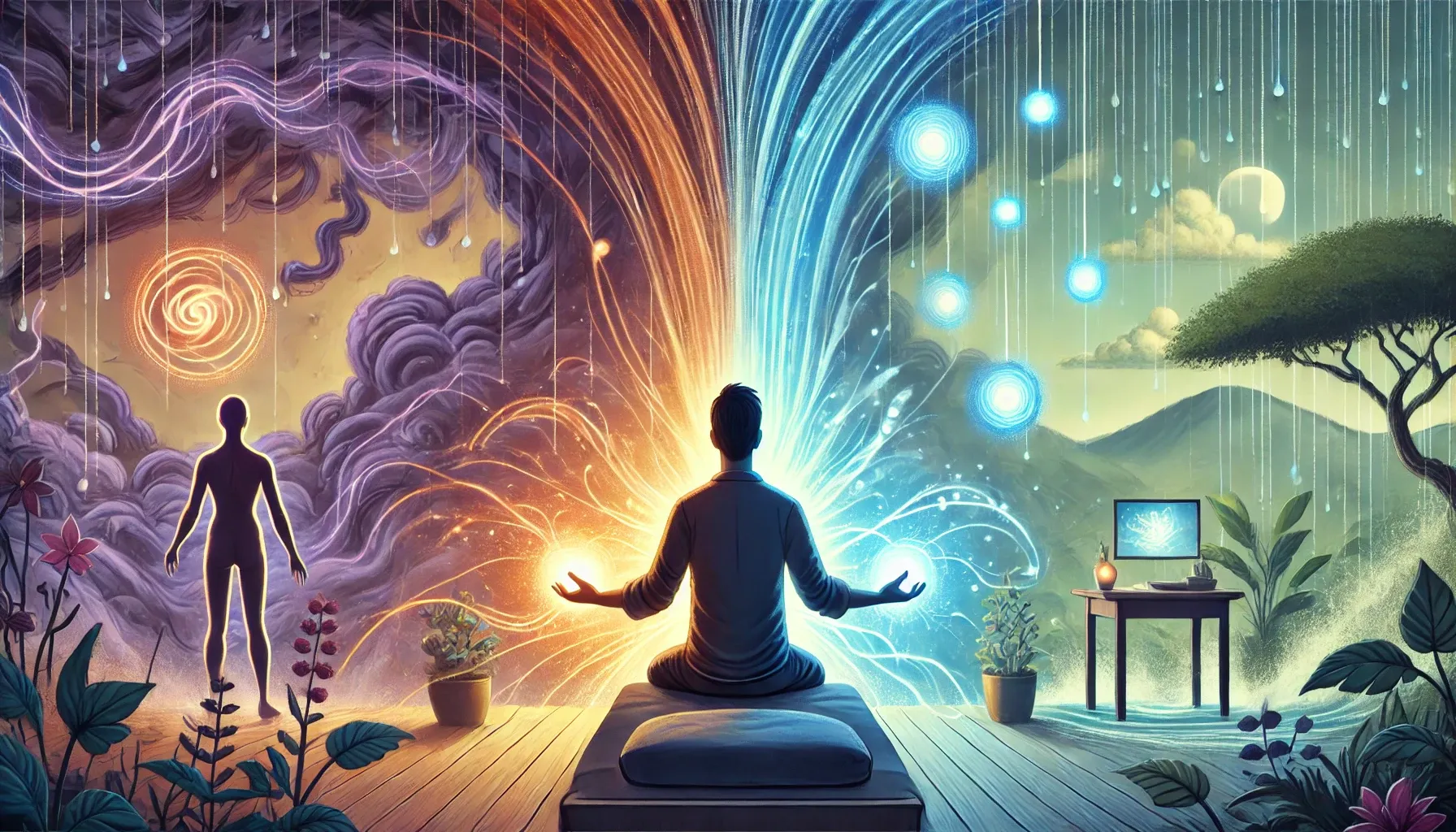
Anxiety and depression are common mental health conditions that can significantly impact a person's well-being. While seeking help from a mental health professional is important, there are various techniques and practices individuals can incorporate into their daily routines to manage these challenges. Energy healing, a holistic approach championed by Janell Warkentin, founder of janellrae.com, is one such method that has shown promise in promoting mental health and reducing symptoms of anxiety and depression. With over two decades of experience as an energetic healer, Janell skillfully combines educational therapy and energy healing to help individuals restore balance and unlock their potential, thereby alleviating emotional and mental distress. This integrated approach not only aids in healing but also empowers individuals to discover their true selves and embrace their unique spiritual gifts.
What is Energy Healing and How Does it Benefit Mental Health?
Understanding Energy Healing: Energy healing is a holistic practice that aims to channel or manipulate the energy flow in the body to promote healing and overall well-being. Techniques such as Reiki, acupuncture, and crystal healing are commonly used in energy healing practices.
Benefits of Energy Healing for Mental Health: Energy healing can have a positive impact on mental health by helping individuals release emotional blockages, reduce stress levels, and promote relaxation. By balancing the body's energy centers, known as chakras, energy healing can contribute to overall emotional and mental well-being.
How Energy Healing Can Help with Depression and Anxiety: Energy healing techniques, when combined with traditional mental health care approaches, can provide a complementary therapy for managing symptoms of depression and anxiety. By addressing energy imbalances and promoting a sense of calmness, energy healing can help individuals cope with the challenges of these mental health conditions.
Self-Care Practices for Managing Depression and Anxiety
Importance of Self-Care in Mental Health: Self-care plays a crucial role in managing mental health conditions like depression and anxiety. Engaging in regular self-care practices can help individuals cope with stress and improve their overall well-being.
Self-Care Techniques for Coping with Depression and Anxiety: Activities such as journaling, meditation, and practicing gratitude can be effective in managing symptoms of depression and anxiety. These techniques promote self-awareness and mindfulness, which are essential for mental health.
Incorporating Physical Activity into Your Self-Care Routine: Regular physical activity not only benefits physical health but also has a positive impact on mental well-being. Exercise releases endorphins, which are known to boost mood and reduce symptoms of anxiety and depression.
Seeking Help: Consulting a Mental Health Professional
Recognizing Symptoms of Depression and Anxiety: It is important to be aware of common symptoms of depression and anxiety, such as persistent sadness, loss of interest in activities, feelings of hopelessness, and excessive worry or fear.
When to Seek Help from a Mental Health Professional: If symptoms of depression or anxiety persist and significantly interfere with daily life, it is advisable to seek help from a mental health professional. Early intervention can prevent the escalation of mental health conditions.
Treatment Options: Therapy and Medication: Mental health professionals may recommend therapy, such as psychotherapy or counseling, to address underlying issues contributing to depression and anxiety. In some cases, medication may also be prescribed to help manage symptoms effectively.
Mindfulness and Nature: Nurturing Your Mental Well-Being
Practicing Mindfulness for Mental Health: Mindfulness involves being present in the moment and accepting thoughts and feelings without judgment. Mindfulness practices, such as meditation and deep breathing exercises, can help individuals manage stress and anxiety.
Connecting with Nature to Boost Your Mood: Spending time in nature has been shown to have a calming effect on the mind. Nature walks, outdoor activities, or simply sitting in a natural setting can help reduce stress levels and improve mental well-being.
Benefits of Spending Time in Nature for Anxiety and Depression: Research has indicated that exposure to nature can reduce symptoms of anxiety and depression. The soothing environment of nature provides a therapeutic effect, allowing individuals to relax and recharge.
Energy Healing Techniques for Managing Anxiety and Depression
Overview of Energy Healing Practices: Energy healing practices focus on restoring balance and harmony to the body's energy systems. Techniques like Reiki and acupuncture target specific energy points to facilitate healing and promote well-being.
Using Energy Healing to Cope with Depression Symptoms: Individuals experiencing symptoms of depression can benefit from energy healing sessions to address emotional imbalances and promote a sense of inner peace. Energy healing can complement traditional therapies in the management of depression.
Benefits of Energy Healing as Complementary Therapy: Integrating energy healing into a mental health care plan can enhance the overall treatment process. By reducing stress and promoting relaxation, energy healing techniques contribute to improved mental health outcomes for individuals dealing with depression or anxiety.
Q: What is energy healing?
A: Energy healing is a holistic approach to wellness that focuses on restoring balance to the body's energy systems to promote physical, emotional, and spiritual well-being.
Q: Can energy healing techniques help with managing anxiety and depression?
A: Yes, energy healing techniques can be beneficial in managing symptoms of anxiety and depression by reducing stress, promoting relaxation, and restoring energy flow in the body.
Q: How can coping strategies be helpful for individuals with mental health symptoms?
A: Coping strategies such as deep breathing exercises, mindfulness meditation, and positive affirmations can help individuals manage their mental health symptoms and improve their overall well-being.
Q: Are there alternative therapies that can be effective in treating depression?
A: Yes, alternative therapies such as acupuncture, yoga, and herbal remedies have shown to be effective in treating depression in some individuals, either as standalone treatments or in conjunction with traditional therapies.
Q: What role does physical activity play in managing anxiety and depression?
A: Engaging in regular physical activity has been shown to have beneficial effects on mental health by reducing symptoms of anxiety and depression, improving mood, and promoting overall well-being.
Q: How can spending time in nature help with symptoms of depression?
A: Spending time in nature, also known as ecotherapy, is a natural and effective way to reduce symptoms of depression, improve mental clarity, and promote a sense of peace and calm.
Q: What are selective serotonin reuptake inhibitors (SSRIs) and how are they used to treat depression?
A: SSRIs are a type of antidepressant medication commonly used to treat depression by increasing the levels of serotonin in the brain, which helps regulate mood and reduce symptoms of clinical depression.
If you have any questions—or want to explore energy healing further—contact Janell at [email protected] or visit her website at janellrae.com for more information.
©2024 janellrae.com

